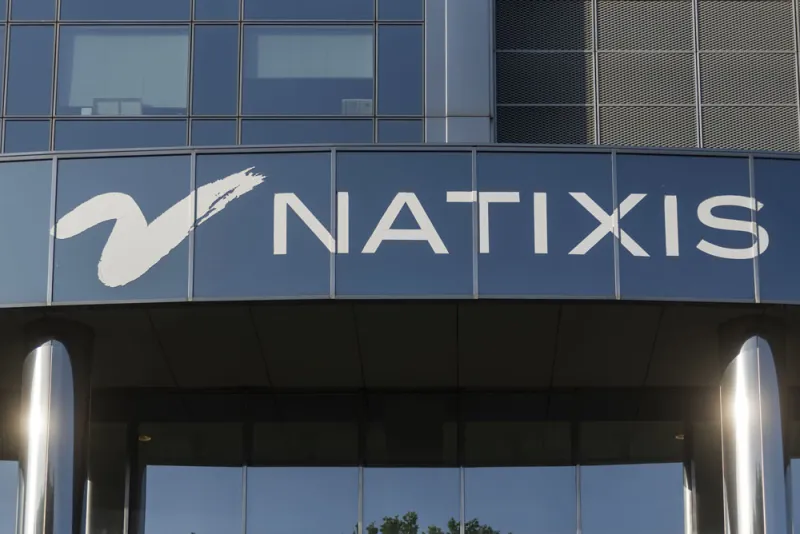The list of things worrying institutional investors is long — and growing, according to a new survey from Natixis Investment Managers.
Among them: nearly 90 percent are concerned that an “explosion” of public debt will have “negative consequences” for global financial security, while more than three-quarters think that persistently low interest rates have created asset bubbles.
What’s more, more than half are concerned that central banks, after years of rate-cutting and quantitative easing, won’t have the tools in their arsenal to manage new market downturns, according to Natixis’s annual market outlook. The firm polled 500 institutional investors — including corporate and public pension plans, insurance companies, foundations and endowments, and sovereign wealth funds — that collectively manage $15 trillion in assets around the world.
Another concern: trade. Some 73 percent think continuing trade disputes will hurt their investment performance. Meanwhile, 67 percent expect slowing global growth to hamper performance, while another 59 percent think a hard Brexit would do the same.
That’s not all: fully 71 percent are concerned that individual investors have “a false sense of security” about passive investments and don’t know about the potential risks these investments pose. Sixty-four percent of institutions say the massive flows into passive investments have amplified market volatility, while 54 percent say the trend is a sign that the market is ignoring fundamentals. Another 57 percent said it has led to “a concentration of shareholder control.”
[II Deep Dive: Are Index Funds Headed for a Reckoning?]
Investors raised these concerns as major market indexes hit record highs and unemployment in the U.S. hit lows. In spite of their concerns, however, these investors aren’t planning to make big changes to their investment allocations, preferring instead to wait out the current cycle before making portfolio moves.
For now, institutional investors are allocating 37 percent to stocks, 39 percent to bonds, 18 percent to alternative investments, and 5 percent to cash, on average, according to Natixis. That picture doesn’t look set to change in 2020, though some fine-tuning is expected, with investors saying they plan to decrease exposure to U.S. equities and government debt and bump up their exposure to emerging market stocks, investment-grade corporate debt, and private debt, among other asset classes.
Within alternatives, Natixis found that private markets, not surprisingly, have become ever more popular with investors. Seventy-nine percent of institutions surveyed invest in private equity, while 77 percent invest in private debt. More than two-thirds say they expect private assets to play a more prominent role in their long-term investment strategy, despite liquidity risks. In fact, 71 percent said they feel potential returns from private investments is worth the liquidity risks.
And they plan to invest more in these assets: 37 percent will increase their current allocations to private debt, 28 percent to private equity, 29 percent to real estate, and 32 percent to infrastructure. But the private equity euphoria raises yet another concern: 86 percent said they are worried that too much money will be chasing too few deals in the year ahead, and some three-quarters of investors surveyed wonder if public markets are overvalued.
They also like active strategies, with 74 percent of institutional investors surveyed saying the market environment in 2020 will be favorable for active portfolio management. Right now, the investors surveyed said they now invest 71 percent in active and 29 percent in passive, versus a 64/36 split in 2015, according to Natixis.
The survey found that 58 percent of investors surveyed think the next global financial crisis will occur within one to three years. In the near term, two-thirds think the U.S. presidential election will be “a major source of volatility.” Fifty-three percent of institutional investors ranked volatility as their top portfolio risk for 2020, with 77 percent saying they expect more volatility in the stock market next year, 67 percent seeing more volatility ahead in the bond markets, and 52 percent thinking it will also pick up in the currency markets.
Nearly half of investors surveyed think equities will correct in 2020, while another 46 percent think cryptocurrencies are also due for a correction. Four in ten think the IPO market will face a correction in 2020, with skepticism fueled by the WeWork debacle and the less than smooth public debuts of Uber and Lyft.






